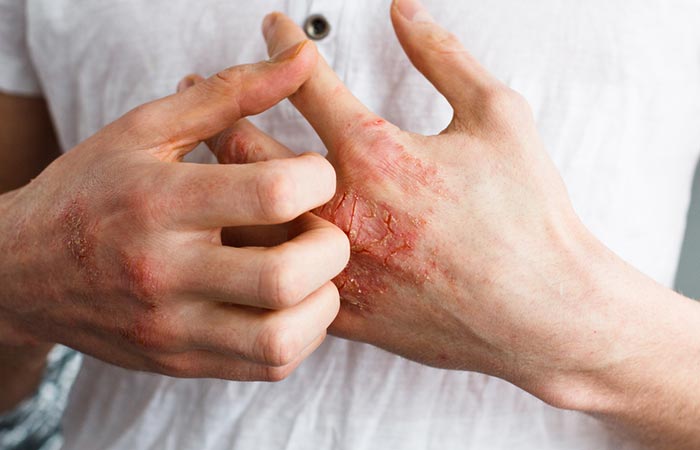Many people suffer from itchy or dry skin, allergies, or eczema. Nevertheless, sexually transmitted illnesses (STDs) such as herpes, syphilis, genital warts, and human immunodeficiency virus can induce comparable symptoms (HIV). Get Test for STD in Dubai or being reviewed by a healthcare provider may be a good option depending on the location of the skin irritation, the presence of other lesions and rash, and how long the symptoms remain.
Following is a more complete list of various STDs that cause dry skin, itchy skin, and peeling skin and associated symptoms.
Herpes (HSV-1) (HSV-1)
Herpes simplex virus (HSV) has two strains: type 1 and type 2. HSV-1 is the most common cause of oral herpes, while HSV-2 is the most common cause of genital herpes. Both viruses, however, can invade in either place. Herpes is usually asymptomatic, although some patients get blister-like sores on their lips, in or around their mouth, or on their genitals. The earliest signs of an outbreak may be burning, itching, or tingling. Nevertheless, dry skin might also induce these symptoms. Although there is no cure for herpes, doctor-prescribed antiviral treatment can lower the frequency and severity of outbreaks.
Syphilis
Syphilis is a sexually transmitted disease caused by the bacteria Treponema pallidum. Syphilis has four stages: primary, secondary, latent, and tertiary. The predominant symptom of the secondary stage is a rash, which might be misinterpreted for dry skin. Syphilis rashes are generally rough and red, but they can sometimes be light and difficult to detect, according to the Centers for Disease Control. The syphilis rash, unlike dry skin, does not itch, may affect the palms of the hands and soles of the feet, and is frequently accompanied by fever, swollen lymph nodes, exhaustion, and other flu-like symptoms. The rash may be accompanied by warts, elevated mouth, underarm, or groin sores. If detected early, syphilis can be treated with antibiotics.

Warts on the Genital Area (HPV)
Genital warts are produced by some strains of the human papillomavirus and are sexually transmitted (HPV). Genital warts are skin-colored lumps that can vary in number and size, according to the US Department of Health and Human Services. They are typically located on or around men’s and women’s genitals or anus. Warts, like dry skin, can be itchy. HPV has no cure, however warts can be treated or eliminated. To prevent genital warts and HPV-related malignancies, the Centers for Disease Control and Prevention recommends immunizing all children and young people against the virus.
AIDS and HIV
Some patients get an itchy or painful rash soon after being infected with the human immunodeficiency virus (HIV), which assaults the immune system. Other flu-like symptoms, such as fever and enlarged lymph nodes, may also occur. If untreated, HIV can severely damage the immune system and produce acquired immune deficiency syndrome (AIDS). Although HIV/AIDS cannot be cured, it can be controlled with careful care.

